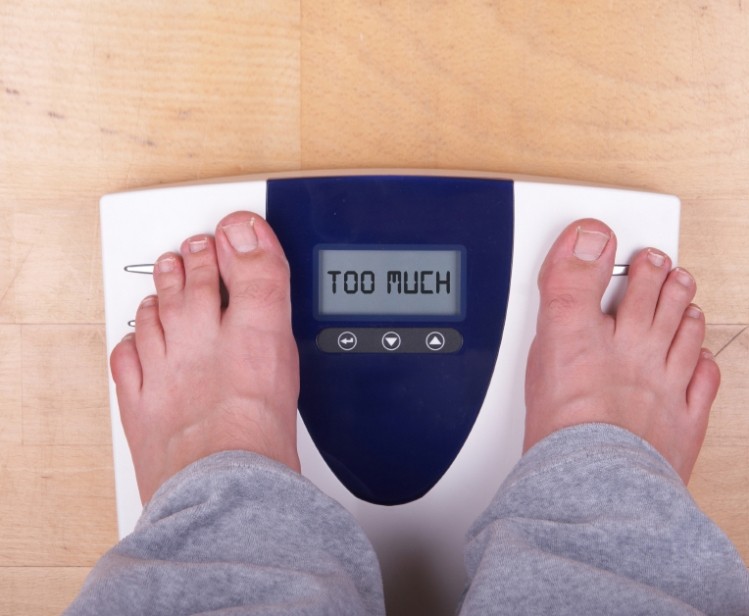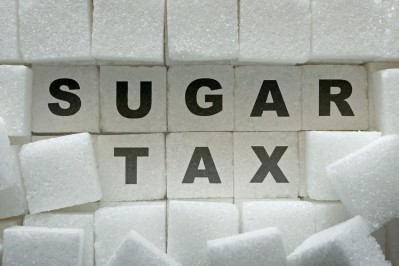Obesity: Are food taxes the answer?

A report from independent UK think tank ODI last week suggested that taxes on unhealthy foods were needed to offset the rising cost of healthy foods like fruits and vegetables, which have tripled in the past 30 years in the UK, while the price of ice cream has halved.
I certainly agree that the widening price gap between healthy and unhealthy foods should be narrowed, but to many cash-strapped consumers, taxes seem like a heavy-handed way to level things out.
Sugar in particular has been targeted for its lack of nutritional value as an ideal candidate for taxation. But whether subsidies to sugar farmers were cut, or sugar users were taxed, the question remains – would increasing sugar prices affect consumption? And if it did, would that affect obesity levels?
An EU report released last year concluded that taxes do “achieve a reduction in consumption of the taxed products”, but conceded that “there are as yet no robust conclusions on the impact of food taxes on public health”. It didn’t say that taxes were ineffective – just that we don’t know whether there might be unforeseen consequences, such as consumers simply switching to cheaper brands, or buying untaxed products with similar levels of sugar, salt or fat.
The continuing drive to cut saturated fat since the 1980s should also provide a cautionary tale: The low sat fat message unintentionally increased population-wide carbohydrate consumption, and it now looks like that shift in dietary components meant people ate more calories – and that the added carbs contributed to heart disease. Oops.
Nutrition research is ongoing and new discoveries about how our bodies respond to different macro- and micronutrient combinations are emerging all the time. As free-living human beings, we are subject to environmental and dietary influences that are nearly impossible to control in large-scale studies – and our genes play a role in how we process food.
Perhaps we need to spend more time trying to work out why someone is drawn to fatty takeaway foods and sugary snacks – and why they find that behaviour difficult to moderate – than in trying to price them out of being able to access them. There is plenty of research suggesting that sugary and fatty foods prompt an addiction-like response, but that’s clearly not the full story. Why, for instance, do people of lower socio-economic status tend to consume more junk foods? And if it’s largely a matter of education, specific educational programmes should theoretically have a larger effect than they do.
In the meantime, here’s an idea: Instead of trying to price people out of the market for unhealthy foods, why not concentrate instead on pricing people into the market for healthy foods?
I don’t rule out taxation as a tool that could help moderate behaviour. However, we have a long way to go in understanding why people make certain food choices and how we might respond to higher prices for certain foods.
Taxes alone are unlikely to solve obesity. At best they are just one tool among many.



